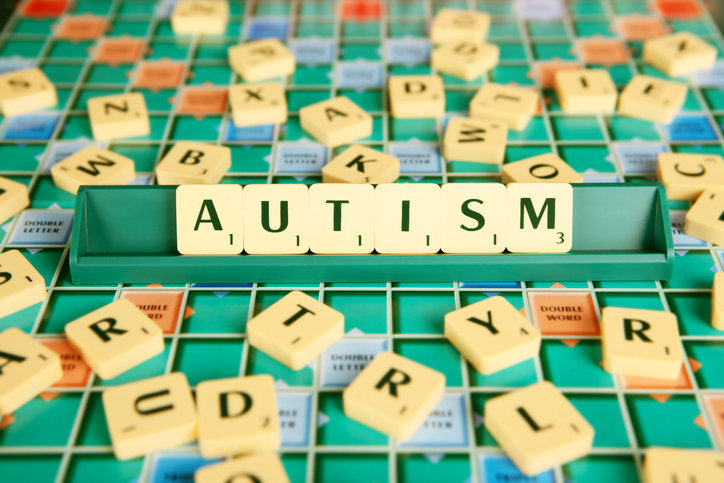L.A. Parent: When Autism and Sleep Issues Collide
L.A. Parent recently interviewed Yana J. Tavyev, MD, director of the Division of Pediatric Neurology at Cedars-Sinai, about a new study in the journal Pediatrics that found children with autism are more than twice as likely to have sleep problems as those without autism.
“Children with autism have lower natural melatonin production, and melatonin is the hormone that helps us to initiate and maintain quality sleep,” Tavyev told L.A. Parent.
She also says that parents need to be aware that screen time can get in the way of a good night's sleep.
“A lot of the kids who have autism are really into screens, and we know that screen time reduces melatonin production,” Tavyev said. “The bright light from the screen tricks the brain into thinking that it’s the noon sun. It’s seeing the bright light and thinking, I’m not going to make any melatonin. It’s the wrong time of day. So, if the kid is doing screens right before bedtime, their sleep is going to be impacted.”
For kids with autism, Tavyev told L.A. Parent that the basic affects of lack of sleep are the impact on their ability to learn the next day. A lack of sleep is “going to impact their ability to learn in therapies the next day, and it’s going to make them look more hyper, which is going to lead to more challenging behaviors.”
Looking for advice? Tavyev says for parents who have a child with autism who isn’t sleeping well, “addressing the screen issue is the first thing to look at...Some studies suggest cutting off screens two hours before bedtime, others suggest turning off screens four hours before bedtime, but let’s start with at least one hour.”
Read the complete article from L.A. Parent to learn more about Tavyev’s recommendation on melatonin supplements and addressing sleep concerns.
Read more on the Cedars-Sinai Blog: Faces of Cedars-Sinai: Chiara Casas, Pediatric Nurse




